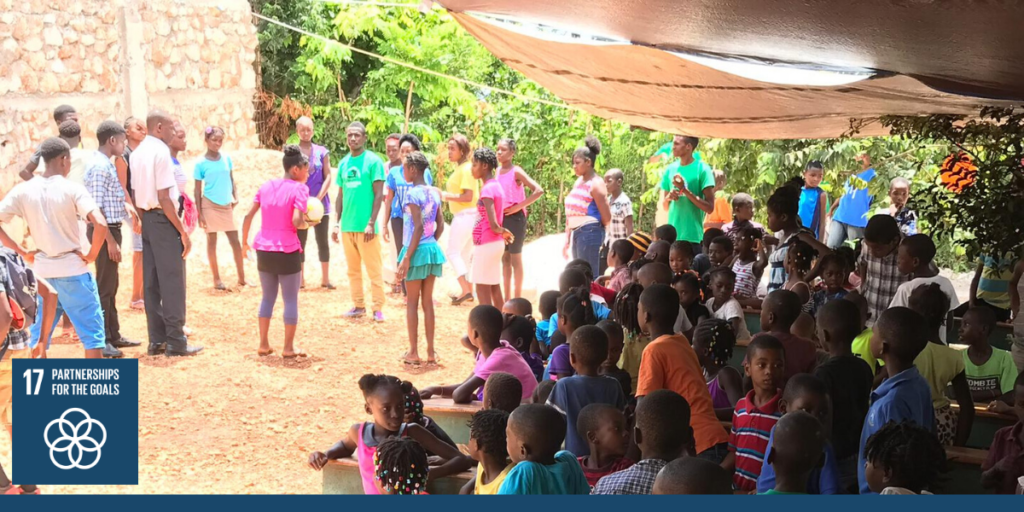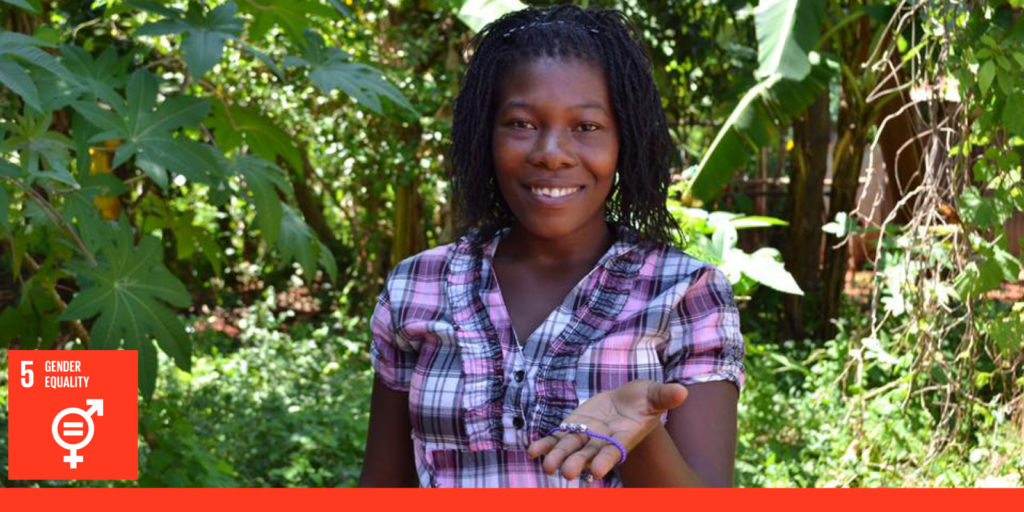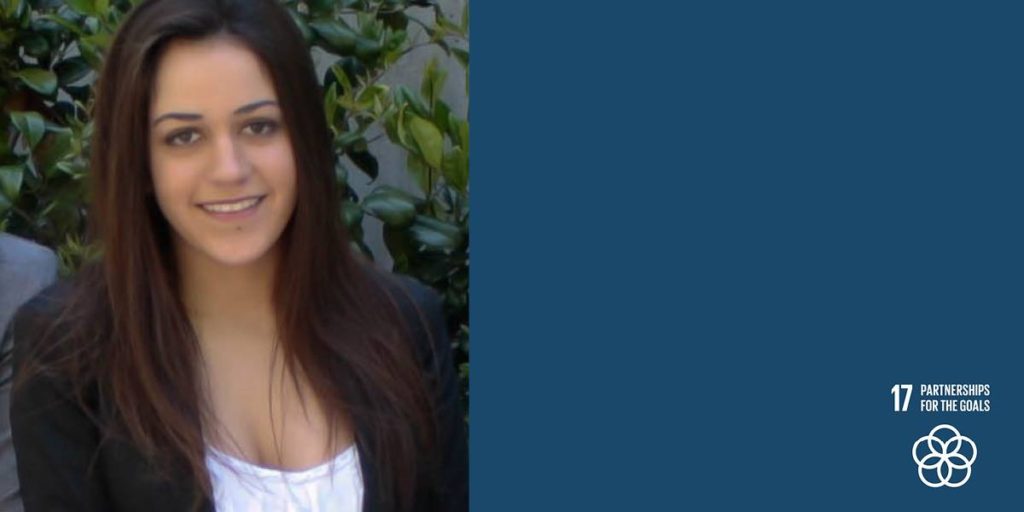Over five million people in Haiti live in communities that are remote and isolated. These rural populations can often experience extreme poverty, lack of infrastructure, and minimal opportunities for education. Due to the difficulties of reaching these remote areas and solving complex issues, volunteerism will play a critical role in helping Haiti achieve the United Nation’s Global Goals by 2030.
The Situation in Haiti
According to the World Bank, 70.7% of rural households are classified as poor, living on an income of less than $1.98 a day, and 58.9% of households are classified as extremely poor, living on an income of less than $1.00 a day. These households often have poor access to infrastructure, including electricity, safe water sources, and adequate waste disposal systems. Haiti’s economy heavily relies on the agricultural sector, which faces harsh environmental conditions and is prone to natural disasters. Due to the remote and isolated nature of these communities, coupled with issues stemming from a lack of government resources, it is often hard for either the private or public sector to reach and tackle these problems.
World Bank Managing Director Sri Mulyani Indrawati, noted in 2014 that, “Globally, rural poverty is often higher and more difficult to fight than in urban areas. But providing education, health services and jobs to these communities is critical to promote equal access to a better life for all Haitians”.
The Unique Advantage of Volunteering
Volunteers often have more capacity to travel to the most remote communities and work to provide solutions and long-term changes. They can help connect institutional initiatives with volunteer action at the community level.
“Volunteerism strengthens civic engagement, social inclusion, solidarity and ownership. It increases the reach, scale and inclusiveness of action from the local to the national level and beyond, by building capacities, ownership and connections between local communities and national authorities for achieving the SDGs.” – Volunteering for the Sustainable Development Goals.
Volunteering is a key to reaching the UN Global Goals by 2030 in rural Haiti. By providing the rural population with a means of improving their lives, we change the world. With small steps, with care and compassion, with the necessary resources, we can reach the unreachable one person at time.
HavServe Programs and the Global Goals
If you are interested in volunteering to help achieve the Global Goals in Haiti, HavServe connects individuals with opportunities in rural Haiti.
- New Community Center: We are recruiting volunteers and fundraising to build a new community center in rural Haiti. The building will serve as a school, library, and healthcare facility for a community of 19,000 people. This initiative aims to reduce local poverty, promote good health and well-being, improve the quality of education, and provide much needed infrastructure.
- Schools and Community Gardens: If you are interested in achieving the goals of zero hunger, building sustainable cities, and promoting responsible consumption and production, you can volunteer your time and train the local community on sustainable gardening techniques. Our community gardens teach children how to plant and care for their own plants, and provide local food to the community.
- Teacher Training Program: At HavServe we aim to provide quality education to children, while training teachers to find decent work. Our teacher training program provides volunteers the opportunity to conduct training workshops in Lebrun, Haiti.
Check out our full list of active projects in need of volunteers to find an opportunity that is right for you!
If you Have, You Too Can Serve.
Blogger: Maria Gutierrez



